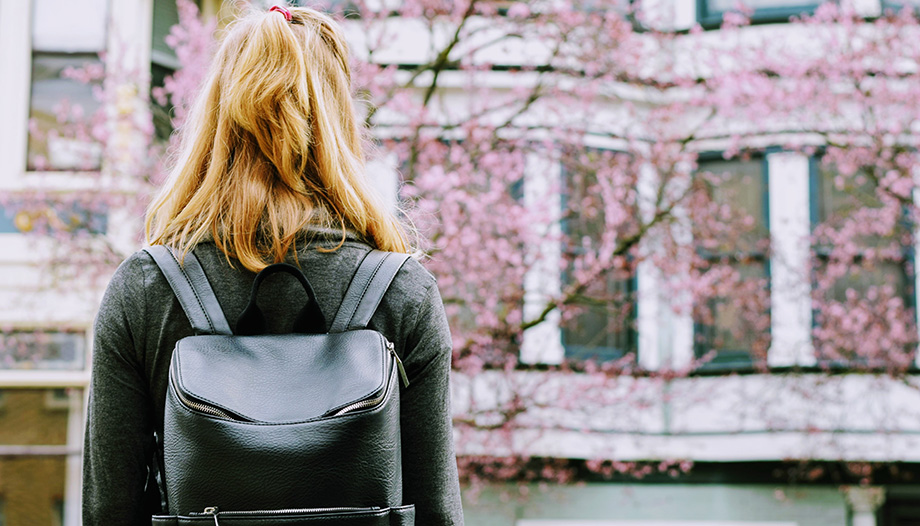The Prefect of the Dicastery for Culture and Education exhorts Catholic universities to "renewal" with "conscience", looking to tomorrow with "hope".
The Catholic universities of today and tomorrow are called to "dialogue with the new, to work tirelessly on current issues and problems, and to become great laboratories of the future". These were the words of Cardinal José Tolentino de Mendonça this morning, when he opened the work of the scientific colloquium organized by the Strategic Alliance of Catholic Research Universities at the headquarters of the Catholic University of Milan.
The address of the Prefect of the Dicastery for Culture and Education was intended to provide an overview of the broader theme chosen for the Colloquium, that of the much debated "Artificial Intelligence" and how it will influence the development and tasks of Catholic Universities of the future.
"Catholic universities are expected not only to actively guard the noble memory of times past, but also to be probes and cradles of tomorrow," Tolentino said addressing those present, among whom were prominent representatives of eight confessional universities from five continents: In addition to the Catholic University of Milan, the Australian Catholic University, Boston College, Universitat Ramon Llull, Pontificia Universidade Católica de Chile, Pontifícia Universidade Católica do Rio de Janeiro, Sophia University and Universidade Catolica Portuguesa.
For the Prefect of the Dicastery for Culture and Education, in the current context for high-level educational centers it is necessary to learn to combine "renewal" and awareness", terms on which Pope Francis has also expressed himself on several occasions.
"There is no doubt," Tolentino reflects, "that the future requires an interactive vision, a multifaceted maturation of reality and the audacity to take risks."
To avoid the inevitable risks, in any case, it is necessary to 'strengthen an integral anthropology that inscribes the human person at the heart of the main processes of civilization'.
The great investment to be made, in short, "can only be a human one", starting with education, from which each person "can develop his or her cognitive, creative, spiritual and ethical potential, and thus contribute, in a qualified way, to the common good".
Another aspect underlined by the Cardinal is that of tending towards a "creative intelligence", accompanied by a "discernment that cannot be partial, nor improvised, but solidly founded on one's own values".
Finally, taking up again the Magisterium of Pope Francis, it is necessary to look to the future with "hope": "when hope is lacking, life is lacking. Those who live in the university world cannot afford not to have hope. Hope is our mission.
The Colloquium in Milan is attended by the rectors of the eight universities participating in the SACRU Alliance.
At the end of the event, a draft document will be prepared for the publication of a position paper outlining a shared vision on the impact of artificial intelligence and the role of universities, especially Catholic universities. The conclusions will be entrusted to the President and Secretary General of Sacru.









